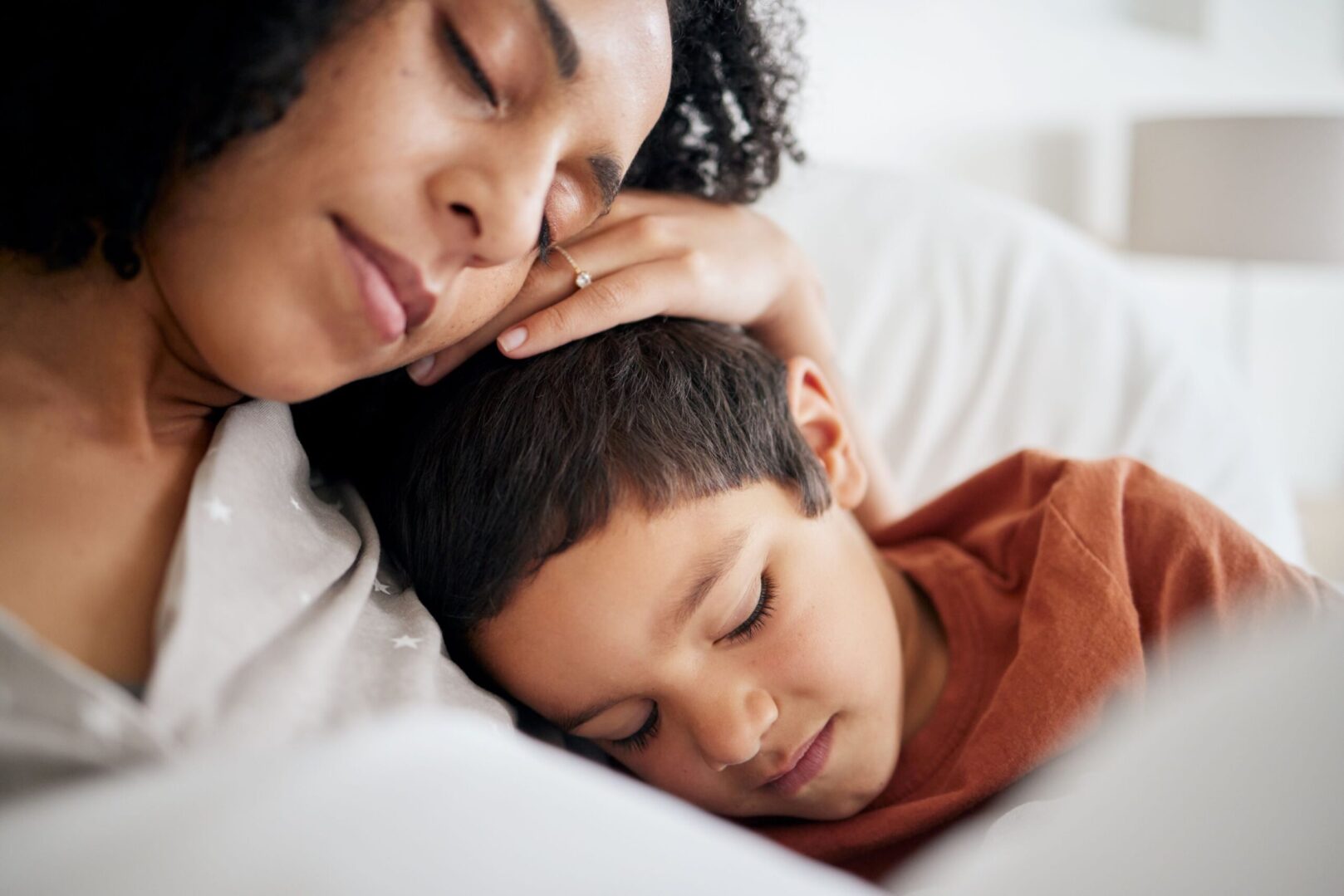
Teaching kids (and yourself) important skills for handling stress.
May is a month filled with lots of celebrations, milestones, transitions, and stuff. The month of May very quickly fills up with holidays, parties, end of the school year festivities, and more. It can be difficult to balance the need for rest during a busy season. Good or exciting events still bring stress. During times of stress we can forget basic things, like ensuring we’ve had a snack or enough water.
There are wonderful skills you can practice for yourself and teach the kids in your life during times that feel hectic. We talked with Lena Pope’s Elizabeth Brown, LPC-Supervisor, family therapist, clinical team lead and Tela Thornton, LCSW, family therapist about five ways you can care for yourself and your kids during busy seasons.
Find out what recharges you. Help kids figure that out too.
It’s important to remember and regularly talk about how everyone’s social and emotional battery is different. Things that recharge or allow one person to rest might not work for someone else. Recharging can look like: time alone, working on a project, a phone call with a friend, working out, laughing with someone, and much more! The only wrong thing is doing something that doesn’t work for you. Pay attention to what helps you feel calmer or more grounded. And watch what the kids in your life move toward when they’re needing some rest time.

Schedule time to rest.
Finding time to schedule rest during a busy season can be difficult. After you’ve figured out what things are restful for you and your family, schedule time for those things. “If you let rest be whatever time you have left over, it probably won’t be enough,” shared Elizabeth. The only way you can continue doing everything during a busy season is to make sure you get some rest. In today’s culture, we don’t see rest as productive. Instead, we should look at that differently and realize rest is an important part of taking care of ourselves and our families.
Avoid comparing your circumstances to others.
There is no such thing as a model parent or ‘perfect’ parent. It is easy to compare yourself to someone else and think they’re able to attend every end of the year party and that means they’re doing a better job. Instead, we should remember the best you can do today might look different from the best you can do next week or what someone else can do today. There are a lot of factors at play in every individual situation. Give yourself grace. “Remind yourself that you deserve care as much as your kids do or as much as another caregiver who you think is doing everything right,” said Tela.
Prioritize and problem solve.
Sometimes it’s not possible to attend every activity. In those instances, identify what activities are important to you and talk with your kids to find out what activities are important to them. You might be surprised at which things they are glad to skip and what things they’re excited to attend. Once you know what things are mandatory and most important, you can make a plan for how you’ll tackle all the activities. “You can talk about how it would be fun if you could do everything, but we can’t. It’s helpful to talk with kids when they are young about how sometimes you have to say no to something or prioritize so your family can rest,” shared Elizabeth.
When you lose it, repair. Teach kids how to do that as well.
“We all have moments when we’re not our best,” noted Elizabeth. As soon as you notice the stress or overwhelming feeling starting to push you too far, you need to take care of yourself first. “Get control of yourself before you try to help kids calm down. Pause. Breathe. Talk with yourself – I can get through this. Everyone has hard moments, this isn’t just me,” shared Elizabeth. When you can model that pause and breathing for kids in your life, they learn how to calm themselves in stressful situations. “Kids need the ability to redo or try again when they don’t approach something right. And so do parents,” reminds Tela. It’s ok to talk with your child about how you wish you would have handled a situation differently. Talking about those difficult interactions can create closer relationships when you’re willing to go back and talk about how you responded and how you wish you would have responded differently.
We hope these 5 tips help you manage the upcoming busy season well. Remember, there are a lot of ways we can model and teach kids how to care for themselves so they are equipped to handle stress in the future.